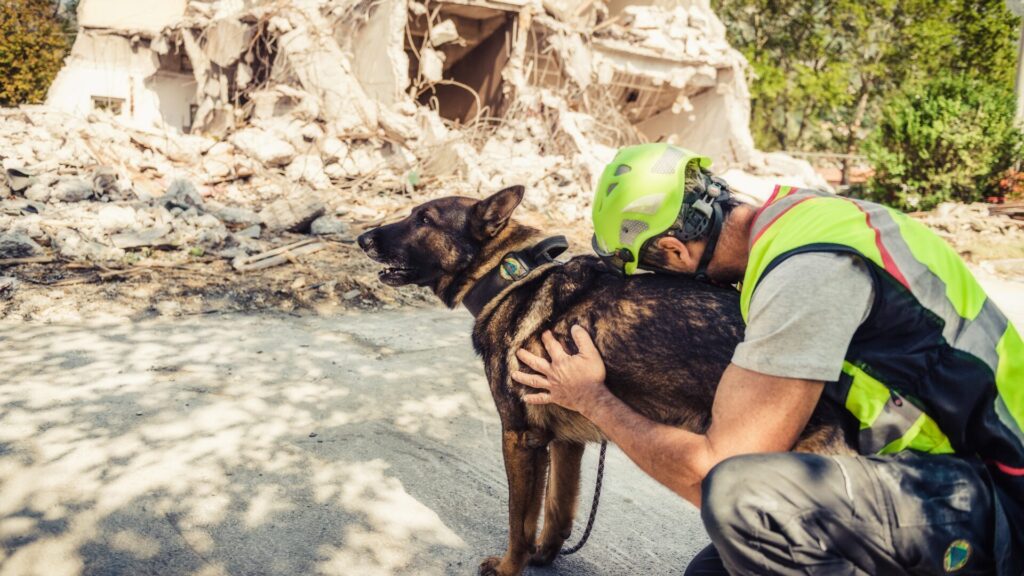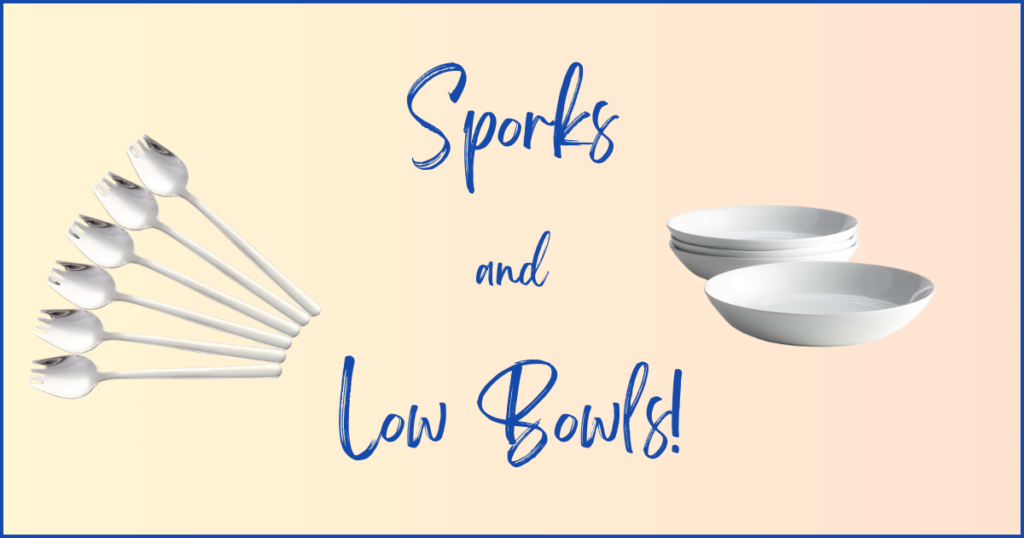When Your Loved One with Dementia is Missing: Essential Search and Rescue Guidelines

The moment you realize your loved one with dementia is missing, every second feels critical. While the natural instinct is to immediately begin searching, having a clear action plan can make the difference in finding them quickly and safely. Through insights from John Clark, a specialized dementia search and rescue expert in Georgia, we’ve compiled […]
Holiday Harmony: Balancing Traditions with Dementia Care

The secret to successful holiday celebrations with our dementia care receivers isn’t perfect decorations or parties — it’s having a peaceful retreat space ready for them when needed. As caregivers navigating the holiday season with loved ones who have Alzheimer’s and other types of dementia, we’ve learned intentional planning makes all the difference. The holiday season brings additional activities, decorations, and visitors that can disrupt the routines so vital to our care receivers’ well-being. Success requires careful observation, thoughtful preparation, and gradual adaptation of celebrations. Through our experiences, what we’ve learned from support groups, and from others on their journeys, we’ve developed five essential tips to help create positive holiday experiences while maintaining the calm and familiar environment your care receiver needs.
Savoring Independence: Mastering Mealtime in Dementia Care

We wish we’d known about sporks and low bowls much earlier with our care receivers dining! As caregivers for our loved ones with Alzheimer’s and other types of dementia, we’ve learned eating and drinking become significant challenges. Through our experiences, and what we’ve learned from support groups and others on their journeys, we’ve developed seven important tips to help you and your care receiver navigate dining.
Personal Care Essentials: Shaving, Nails, Dental and Hair for Dementia Care

I wish I’d realized I didn’t have to complete grooming tasks at one time! As caregivers for our loved ones with Alzheimer’s and other types of dementia, we’ve learned that shaving, trimming nails, brushing teeth and trimming hair – what we’re calling personal care – can become challenging. These challenges often arise around the same time as bathing and dressing difficulties. How we provide support for our loved one will vary based on whether they stay at home during their journey or move into a care community. Not surprisingly, personal care is an area where many tips can be provided! Through our experiences, what we’ve learned from support groups, and others on their journeys, we’ve developed four initial areas of tips to help you and your care receiver with their personal care.
Threads of Care, Washing Away Worries: Four Tips for Dressing and Bathing in Dementia Caregiving

We wish we’d known we could let the shower go away much earlier in our caregiving journeys. As caregivers for our loved ones with Alzheimer’s and other types of dementia, we’ve learned bathing and dressing can become significant challenges. These activities are often early signs of transitioning from the initial phase of the caregiving journey where we’re simply prompting and helping them, to what we call the “messy middle”, when we begin asserting more control. We are Nancy Treaster and Sue Ryan. Through our experiences, what we’ve learned from support groups, and others on their journeys, we’ve developed four important tips to help you navigate bathing and dressing for your care receiver.
Through the Night: Your Compassionate Guide to Overnight Incontinence in Alzheimer’s and Dementia Care Receivers

Wisdom we wish we had about all phases of incontinence before it began. As caregivers for our loved ones with Alzheimer’s and other types of dementia, we’ve learned overnight incontinence is one of the most challenging aspects of the journey. It’s not a topic often discussed, yet it’s a reality for us to face with compassion, dignity, and preparation. We are Nancy Treaster and Sue Ryan. Through our experiences, and what we’ve learned from support groups and others on their journeys, we’ve developed four important tips to help you navigate overnight incontinence on your caregiving journey.
When Dignity Meets Dependence: Mastering Bowel Incontinence and Bedbound Incontinence Care for Your Loved One with Alzheimer’s or other Dementias

Wisdom We Wish We Had About Incontinence Once It Began. As caregivers for our loved ones with Alzheimer’s and other types of dementia, we’ve learned that full incontinence is an inevitable part of our journey. It’s a topic not often discussed, yet it’s a reality for us to navigate with compassion, dignity, and preparation — for both us and our care receiver. We are Nancy Treaster and Sue Ryan.
Gentle Hands, Clean Start: Mastering Cleaning Your Care Receiver

Three Indispensable Tips for Easier Incontinence Care. We both wish we knew how to navigate all aspects of incontinence in our care receiver before it began. As caregivers for our loved ones with Alzheimer’s and other types of dementia, we’ve learned managing incontinence is one of the most challenging aspects of our journey. It’s a topic where having detailed information is vital to our adjusting to this part of our journey mentally, physically, and emotionally. We are Nancy Treaster and Sue Ryan. Through our experiences, and insights we’ve learned from others in support groups, we’ve developed three indispensable tips to help you navigate the important component of incontinence care with your care receiver – cleaning them.
Caregiving’s Hidden Challenges: Embracing Incontinence in Dementia Care with Compassion, Grace and Dignity

Who knew that understanding the stages of incontinence could make such a difference in our caregiving journey? As caregivers for our loved ones with Alzheimer’s and other types of dementia, we’ve learned incontinence is an inevitable — and can be — a challenging part of our journey. It’s a reality and a topic that’s not often discussed. It’s helpful for us to be prepared to navigate incontinence with compassion, grace, and dignity for our care receivers — and for us!
Incontinence: The Unspoken Challenge in Caregiving

Incontinence can be one of the most difficult areas of our caregiving journeys. It’s personal. It’s awkward. It’s rarely something discussed — by anyone — making it potentially uncomfortable to talk about. It’s also one of the most important areas to navigate with compassion and dignity — for us and for our care receiver.





Join the community